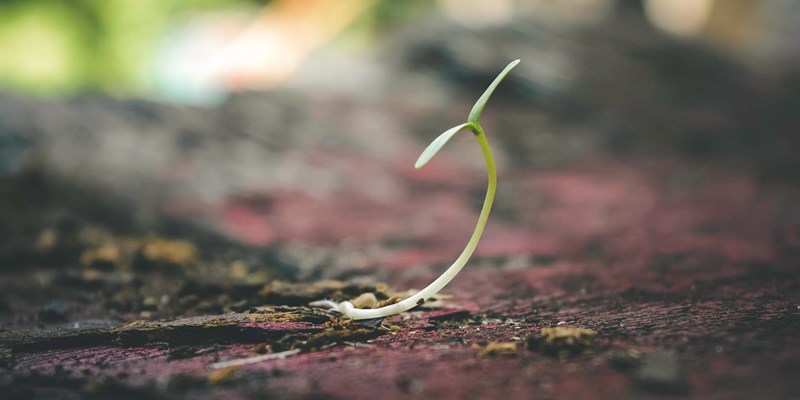
The world can be a complicated place: sometimes we can struggle to make sense of it or imagine how it could be different. Stories can help us do this by letting us explore the past, learn about the present and envisage the future. The act of creating a story about something can completely change how a child (or an adult!) thinks about it or even sees it.
But when things seem too serious – or too big – it can feel like we should only tell the truth, not make stuff up. That can stifle our imagination and make it hard to even get started. That’s where story seeds come in handy. If you have a seed or two, then you can plant them in fertile imaginations and you’ll soon see them grow, fed by the sunlight and rain.
The Waste Stories team have been helping people make stuff up about waste, imagining alternative histories and possible futures based on story seeds that are things that have been wasted or rescued from being wasted.
In this workshop, the Waste Stories team will guide you through an active process of growing stories. We’ll be addressing the theme of farming and food production and waste, focusing on barley. You’ll be able to choose from a range of seeds – or try planting a whole garden – and make up a past, present or future. We’ll also talk about what the collection of stories we grow together can tell us about the theme the seeds represent. You’ll then be able to use this process in your own classes.
The Royal Highland Education Trust (RHET) was established in 1999. It provides free resources, farm visits and classroom speakers which allow children to learn more about Scottish farming, food and countryside. RHET takes over 18,000 children out to farms each academic year and provides more than 28,000 children with a classroom speaker talk.
From September 2022 through to June 2023, RHET will be working in partnership the Waste stories team to develop a journey of food telling the story of the seeds and grains produced in Scotland. From the history of the ancient stables’ barley and oats to the more modern wheat and oil seed rape which is now the basis of most of what we eat daily.
You can find out more about Waste Stories, including accessing resources and sample stories at https://wastestories.org.uk. To get involved in the project or to learn more, please get in touch with the team by email info@wastestories.org.uk or on Twitter @waste_stories
Thanks to funding from the Leverhulme Trust, Waste Stories activities including these workshops are free-of-charge
In-person session:
Online session:
